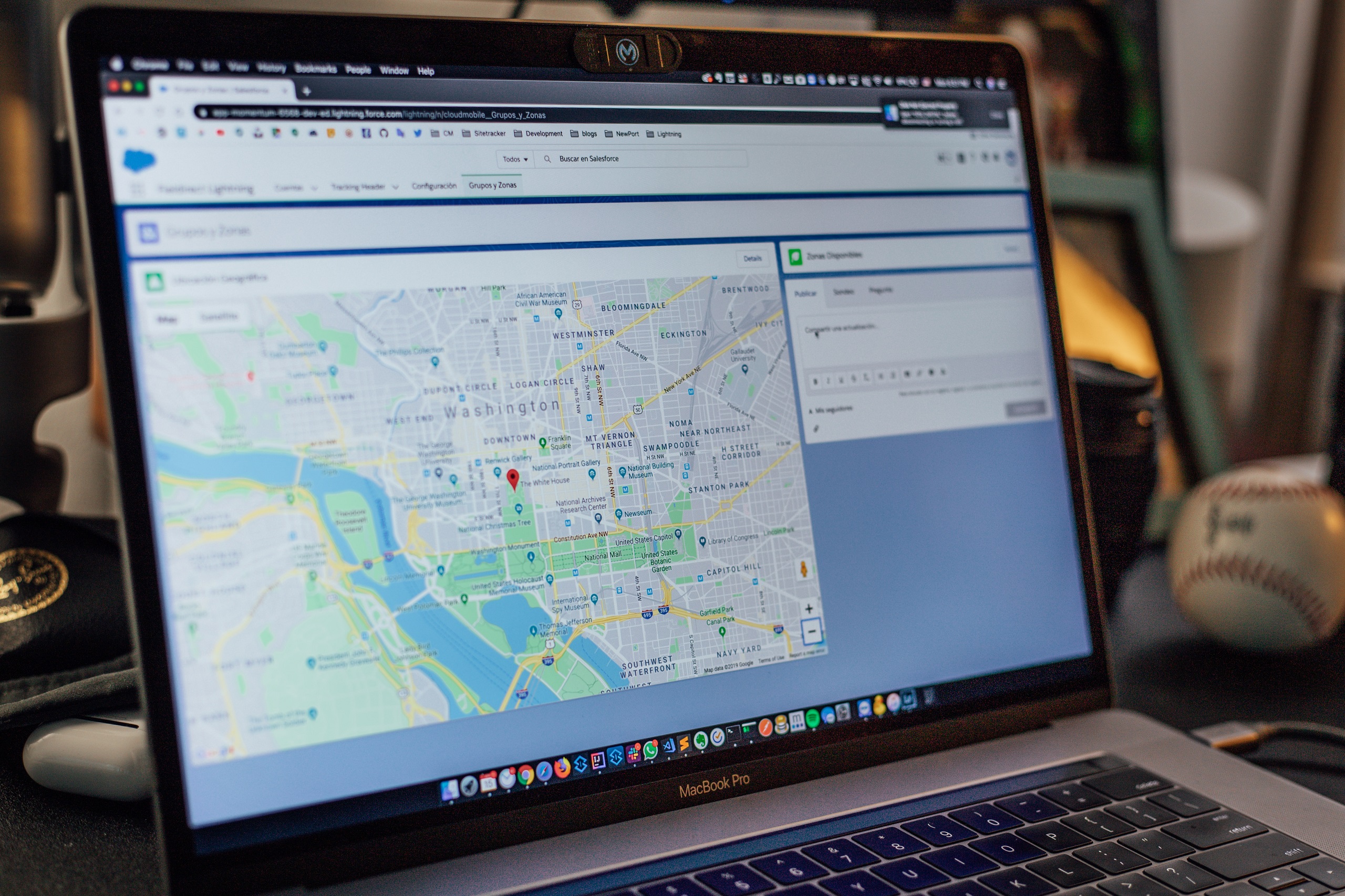Why should I strive to democratize my company’s data?
True data democratization is a substantial undertaking. What makes it so powerful? The power lies in the ability to solve data challenges that your team face every day. Because data landscapes and people’s needs change quickly, staying on top of the changes is often a struggle.
What are people’s common data challenges?
- They don’t have access to the data they need
- They can’t trust the data
- They have access to the data but lack the skills to find answers to their questions
- The analytic tools provided by the company aren’t designed to fit their needs
- Data experts are not available, either because the company does not have them, or they are too busy
Why data literacy should be important to your organization
The definition of data literacy is informing your employees enough to understand what data your company collects and what it looks like. Some people also need to know why some of the data is tracked, how it is done, where it is stored and in what format. When someone in your company is asking for specific data, it is helpful to know not only what data they want, but where they want it, and in what format. If the data is in a format that they can understand, they are much more likely to trust the data. If the person asking for data is unable to specify the “what data, where, and what format”, your organization has a data literacy problem.
What are the best tools for working with data?
Picking the right tools is not a simple task because different teams work with data in different ways. Your engineering team, for example, may work with data in order to build features that drive customer value. Your executives, on the other hand, want to understand how the business is performing to help them decide where future investments should be made. At the very least, you likely need some type of data warehouse and a business intelligence tool. Most companies invest in a data team or at least a dedicated data person to manage these tools and the ongoing process of data literacy and democratization.
Think your business is too small for its own data team?
This is where Barnes Business Solutions, Inc. can help. Our IT Managed Services can provide you with a dedicated data resource.
Why is data democratization an ongoing process that may require a shift in the culture of your company?
Building a data democracy is much easier in the early days of a company, since it is easier to mold the culture that supports it. The larger the organization, the sooner it should invest in the process of data democratization. And even once you have the basics built, remember that the rate at which tools and technologies are evolving means that data democracy and keeping your business data literate will be an ongoing and challenging effort!
How a cultural shift can fix one of the basic data challenges
If one of your challenges is “Data experts are not available, either because the company does not have them, or they are too busy” you may think the answer is to make your experts more available by hiring more or getting outside assistance. The reality, however, is that in this case, the best approach is to shift the culture of your business. Instead, what you should be doing is enabling EVERY person in your organization that relies on data to excel at their job, to BECOME a Data Expert! For example, in the past, businesses have often relied on reporting solutions with standard reports that have gone through testing processes to ensure accuracy. If you are thinking about moving to a system where users create their own reports, you need to make sure that they both have the skills to make the reports, and that they understand the data well enough to use it appropriately.
Avoiding data silos
To a certain extent, different departments use different types of data. However, there are real dangers in keeping your data in departmental silos. First of all, some types of data are likely used by multiple departments. Having separate copies of that data creates maintenance issues and potentially requires multiple data entry which can lead to discrepancies. A centralized data warehouse which makes use of departmental access rules can go a long way to assuring that the right people can access the right data and yet keep it in one location.
Data management to ensure the quality of your data
It is also key to implement some type of data management system so that you establish who owns the data, who manages the data, and who can have what access to the data. This will help ensure the quality of the data and enable your data users to trust it.
Why data and analytics is not yet democratized
Data analytics through business intelligence (BI) has been around for years. The original promise was to put the power of data into the hands of everyday people so we could all make smarter, more data-driven decisions. However, we have not really seen delivery of this promise yet. Often we have the tools for this self-analysis, but we still rely on data specialists to interpret and build our dashboards and charts. And since we purchase tools with the specialist in mind, we typically use ones with advance capabilities that these specialists expect. The good news is that we are making great strides in delivering data insights directly to the typical worker to use in the context of their decisions through advances in natural language querying, machine learning, and data transformation.
What’s next?
Once you have democratized your data, you will be in a position to use Artificial Intelligence (AI) to monetize your data. Learn more about this in a future blog post.














